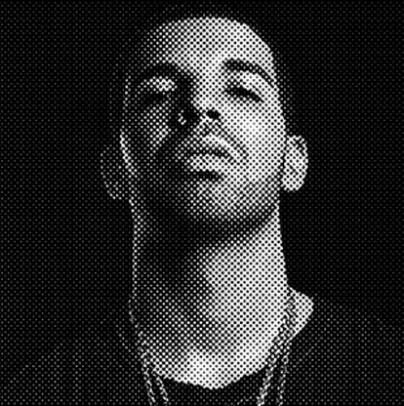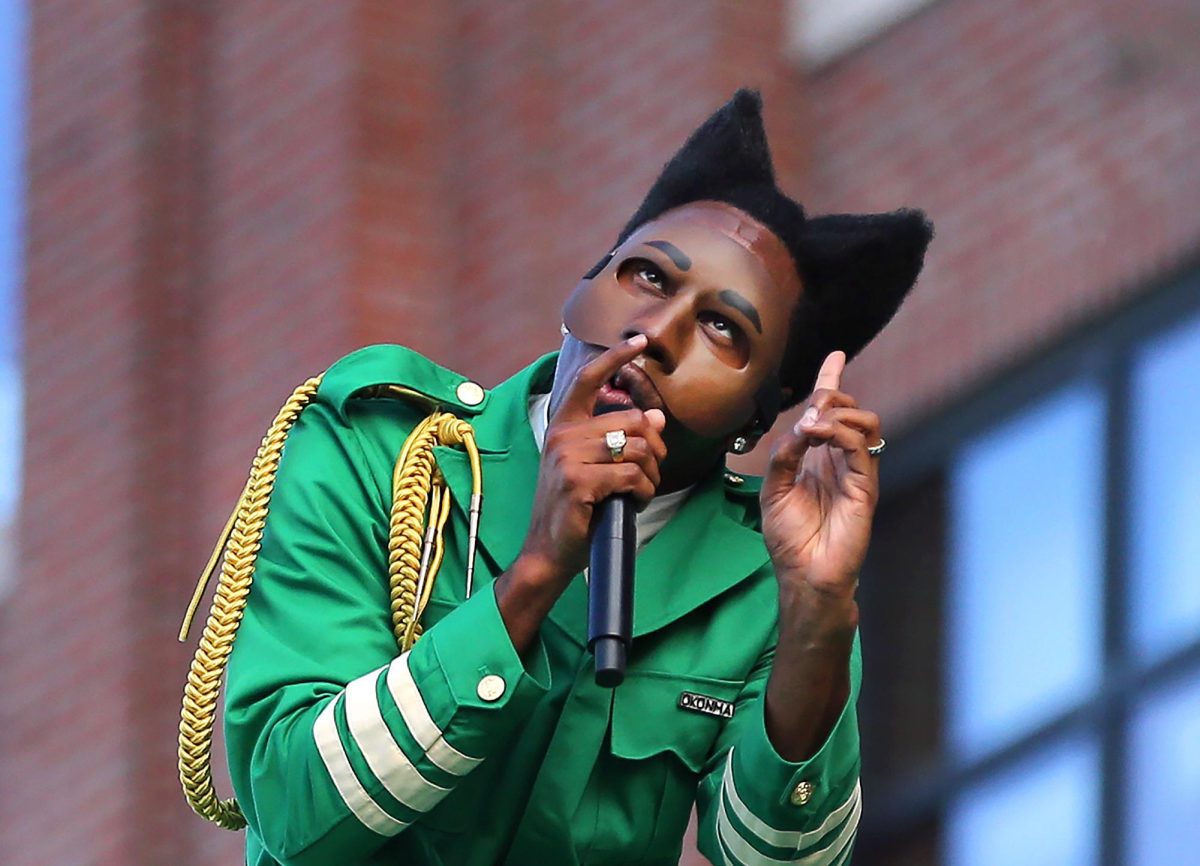Drake takes on Cash Money, hints at major leap forward on new mixtape

February 19, 2015
Drake
If You’re Reading This, It’s Too Late
Grade: A-
Scene: Inside the Cash Money Records main office, Young Money floor. Standard office layout with rows of cubicles. Tour posters for Lil Wayne, Drake, Nicki Minaj and Tyga line the walls. In the back corner is Lil Wayne’s desk, cleaned out. Only piles of lawsuit papers remain. Drake’s desk, beside Wayne’s, is also empty and cleaned out. On the corner of Drake’s desk is a hand-scrawled note that reads only, “If you’re reading this, it’s too late.”
At this point, it can be assumed that the title of Drake’s mixtape is a shot fired directly at Cash Money, and him taking a firm stance with Lil Wayne. The short story is that Drake and Lil Wayne both want to leave Cash Money. The long story is a tale of a carefully plotted scheme. Lil Wayne tweeted in December that he wanted to leave Cash Money and that he wanted to take Drake and Nicki Minaj with him; he is also currently suing Cash Money for $51 million. Earlier this year, Drake’s camp floated out rumors that Drake was planning to drop a mixtape before his much anticipated fourth release, Views from the 6. He’s fulfilled the former promise, but in an unusual way. Mixtapes are supposed to be free and albums are supposed to be for sale, but It’s Too Late was released exclusively on iTunes for $12.99.
Why? According to Drake’s contract with Cash Money Records, which was released as part of a 2012 lawsuit filed by James “Jas” Prince, he is free from his contract with Cash Money after he releases four, for-sale albums and at least one video accompanying each one. Drake’s surprise short film “Jungle,” released early last Thursday, and the midnight drop of It’s Too Late fulfill both of those requirements. Suddenly, Drake is free.
Freedom, however, does not ring on It’s Too Late. Drake takes a few shots at Cash Money on the tape (“Brand new Beretta, can’t wait to let it go/Walk up in my label like, where the check though?” he fires on “Star 67”), but the shots are sparse and delivered without anger. Rather, they come as disgusted quips from a man who knows he is better than a petty conflict over some unpaid money.
Make no mistake, Drake takes a firm stance on the issue at hand and keeps his real friends close—Lil Wayne is one of only four features on the 17-track tape. However, he has other things to worry about besides leaving his label, which he hasn’t name-dropped on a song for quite some time now.
Instead, It’s Too Late sees Drake soul-searching and looking within himself from high atop his throne. Where Take Care was Drake ascending to his throne as a new king and Nothing Was The Same was him standing up and taking a look around at the state of his life, It’s Too Late is Drake realizing his power (“Oh my god, if I die, I’m a legend” he sings on “Legend”). Here, he locks himself and his throne in his castle, only leaving to meet with his closest comrades and allies before retreating back into his darkened chambers.
On NWTS, Drake told us he’s “just been scheming on the low/plotting on the low,” but on It’s Too Late, he shows us that he wasn’t lying. On “10 Bands,” for example, Drake croons, “I been in the crib with the phones off/I been at the house taking no calls … Drapes closed, I don’t know what time it is/I’m still awake, I gotta shine this year.” It’s lonely at the top, and the eerie, pitched-down bells and scit-scat hi hats of “10 Bands” structure a frame for Drake’s musings that enunciate his loneliness.
Lines like these, however lonely, do not result from a lack of confidence. Drake has many enemies, as he claims on “Energy” amidst dewy, melancholy piano riffs and a menacing bass line, and he addresses them head-on with a brooding resentment. Though Drake’s longtime producer and best friend Noah “40” Shebib takes a backseat to Drake’s other key producer, Boi1da, 40’s influence is heard throughout. Known for alternating bass lines with hi hats and snares, giving Drake’s voice room it needs to roam and explore, 40’s style has seeped into Boi1da’s and together they produce Drake’s iciest tracks yet. At the tape’s early peak, “Know Yourself,” Drake states, amidst an airy synth and a rumbling bass, “I’ve always been me/I guess I know myself.” Here, he opposes his enemies, insinuating that they do not “know themselves,” and the haunting pluck of a lullaby that underlies this line, as if it is emitting from an evil music box, shows Drake is steadfast in his words.
At other moments on the tape, Drake stunts his bravado, steps out of his castle to address his subjects and asserts his dominance over the rap game. On “6 God” and “Used To,” for example, he makes it clear that he knows he is the best in the game and has no worthy challengers. He rules over Toronto and the entirety of rap, and his brooding lyrics about locking himself up in his mansion hint that he has something much bigger, something much more sinister planned than a just mixtape.


